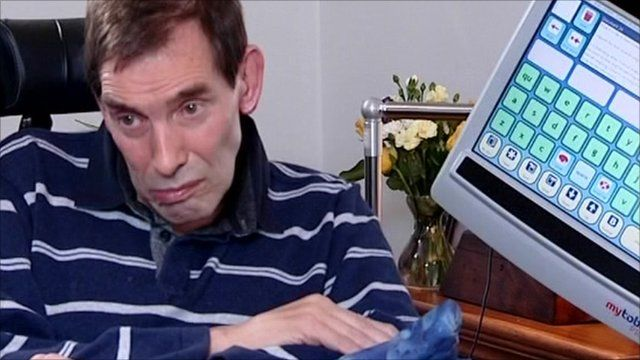Dr. Curtis Cripe on Providing Help to Someone with Memory Issues
Helping a loved one with memory issues can be challenging. Whether it's normal forgetfulness or a condition like Alzheimer's, giving the proper support makes a big difference in their life. Dr. Curtis Cripe shares some easy and effective ways to help and care for someone with memory issues.
 | |
| Image source: envato.com |
Memory issues can be frustrating for both the individual and their loved ones. Practice patience and understanding. According to Dr. Curtis Cripe, repeating information calmly and avoiding showing frustration is important, as it helps create a positive and supportive environment.
Use memory aids.
Encourage the use of memory aids such as calendars, notes, and reminders. These tools can serve as visual cues to help jog their memory and keep track of important tasks and events.
Stay active together.
Engaging in physical activities together not only promotes overall well-being but also benefits cognitive function. Consider taking walks, practicing light exercises, or participating in activities that they enjoy to keep both body and mind active.
Foster a supportive environment.
Create a supportive living space. Dr. Curtis Cripe advises keeping commonly used items easily accessible, labeling drawers and cabinets, and minimizing clutter. An organized environment can reduce confusion and make daily life more manageable.
 | |
| Image source: envato.com |
Isolation can exacerbate memory issues. Encourage social interaction with friends, family, or community groups. Meaningful connections contribute to emotional well-being and provide a sense of belonging.
Provide nutritious meals.
A well-balanced diet is essential for brain health. Ensure that your loved one has access to nutritious meals and stays hydrated. Foods with omega-3 fatty acids are particularly beneficial for cognitive function.
Seek professional help
Don't hesitate to seek professional assistance. Consult with healthcare professionals specializing in memory care for the right diagnosis and care on managing memory-related issues. Dr. Curtis Cripe shares that support groups can also offer valuable insights and emotional support.
Prioritize safety.
Safety is a priority. Make necessary adjustments to the living environment to prevent accidents or injuries. Install handrails, remove tripping hazards, and ensure that the home is a safe and secure space.
Dr. Curtis Cripe of the NTL Group is an expert in various fields, including neuroengineering. For more on his professional and academic background, visit this page.






















